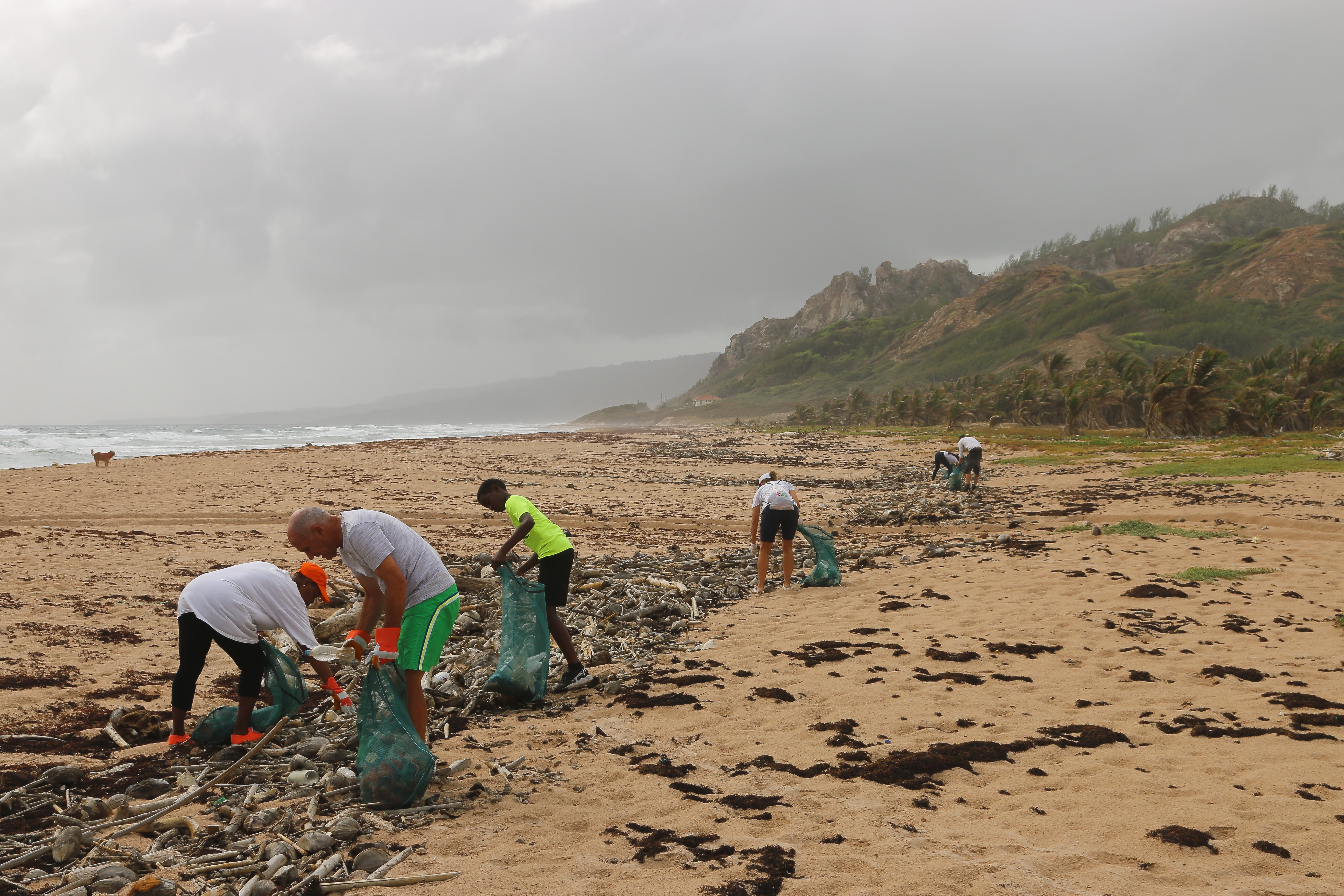ESM Welcomes College MatchPoint to the Team! Learn More

It’s nearly the end of the school year, and you just realized that you didn’t make summer plans. Maybe you had your head down, focusing on your academics. Maybe you were running between your many activities. Or maybe you just forgot!
Regardless, don’t worry. You don’t have to scroll through your TikTok “For You” page or sit in front of your PS5 all summer (although feel free to do a little bit of that—it is summer after all!). Read on to discover how you can still make last-minute summer plans and why it’s going to be okay.
Generally speaking, you should aim to spend about ⅓ of your summer on academic pursuits, ⅓ on extracurricular pursuits, and ⅓ on personal pursuits. The “personal” is easy—relax at home, hang out with friends, travel with your family, etc. For the “academic” and “extracurricular”, the key is to follow your interests and explore them in greater breadth or depth.
While a selective summer program may offer the perfect topic for you, this is not the only way to spend an enriching summer break. If it’s too late to register for organized activities, then make your own activity! The most important thing is that your summer plans fit your hook— the part of your personality or background that makes you stand out from the crowd of applicants. If you’re not sure how to narrow your lens, enlist a friend or mentor to help you connect the dots and find your hook.
For academics, ask your school if the Department of Education offers any online classes for students in your state. Alternatively, you could enrol in an asynchronous online course through edX or Coursera. Use the summer to get ahead on material that you’ll study next academic year, or dive deeper into a subject you enjoy. Whatever you decide to do, make sure to challenge yourself!
For extracurricular activities, look for opportunities to expand upon a previous activity or try something different. This can be as simple as learning a new skill from YouTube or Googling “volunteer opportunities near me”. Take advantage of your network—ask your parents if they know anyone who you could shadow or help. Keep in mind that you should avoid doing something just because you think it will look good on your resume. Spoiler alert: admissions officers are trained to see right through that and won’t be impressed.
Finally, remember this experience next year and start thinking about summer earlier in the year. Whether you're in high school or college, summer is an important time to consolidate what you learned and did during the academic year. Planning your summer on a dreary January day is not only an opportunity to dream of nicer weather, but it’s also a smart way to have summer plans that help you grow yourself—not just your resume.
Send me an email at redgell@esmprep.com if you have specific questions about your summer plans. Otherwise, have fun—and don’t forget to wear sunscreen!